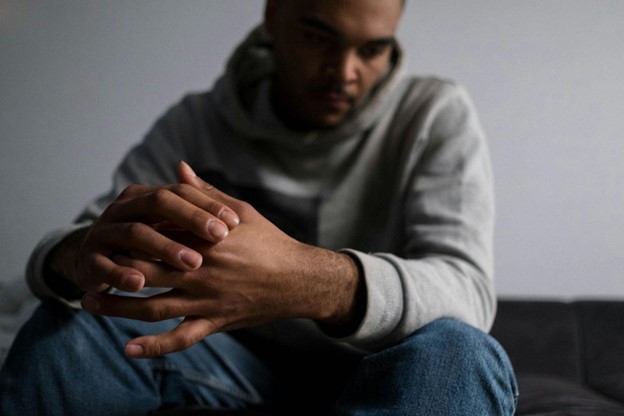Depression is a serious mental health condition that can have a profound impact on an individual’s quality of life, relationships, and overall well-being. While occasional feelings of sadness or low mood are a normal part of life, persistent or severe symptoms may indicate the need for professional help. In this blog, we’ll discuss when to seek depression treatment from psychiatrist in San Antonio, recognize the signs, and take proactive steps toward healing and recovery.
Persistent Sadness or Hopelessness
One of the hallmark symptoms of depression is persistent feelings of sadness, emptiness, or hopelessness that last for weeks or months at a time. If you find yourself consistently feeling down or unable to experience joy or pleasure in activities you once enjoyed, it may be a sign that you’re struggling with depression. These feelings may be accompanied by a sense of worthlessness, guilt, or despair that interferes with your ability to function in daily life.
Changes in Sleep Patterns
Sleep disturbances are common among individuals with depression, manifesting as either insomnia or excessive sleeping (hypersomnia). You may find it difficult to fall asleep or stay asleep throughout the night, leading to feelings of fatigue, irritability, and difficulty concentrating during the day. Conversely, some people with depression may sleep excessively, finding it hard to get out of bed or feeling constantly tired despite sleeping for long periods.
Loss of Interest or Pleasure
A noticeable loss of interest or pleasure in activities that were once enjoyable or fulfilling is a key symptom of depression. You may find yourself withdrawing from social interactions, hobbies, or responsibilities that used to bring you happiness or satisfaction. This lack of interest in activities you once enjoyed can exacerbate feelings of loneliness, isolation, and disconnection from others, further contributing to the cycle of depression.
Changes in Appetite or Weight
Changes in appetite and weight are common symptoms of depression, with some individuals experiencing increased appetite and weight gain, while others may have a decreased appetite and unintentional weight loss. You may find yourself overeating as a way to cope with emotional distress or using food as a source of comfort, leading to changes in body weight and potential health consequences. Conversely, some people may lose interest in food altogether, experiencing a loss of appetite and nutritional deficiencies as a result.
Fatigue and Low Energy
Persistent fatigue, low energy levels, and a general sense of lethargy are common symptoms of depression where one needs to visit psychiatrist in San Antonio. Even simple tasks may feel overwhelming or exhausting, and you may find it difficult to muster the motivation or energy to get out of bed, go to work, or engage in activities. This pervasive sense of fatigue can exacerbate feelings of hopelessness and contribute to the cycle of depression.
Final Words
Recognizing the signs and symptoms of depression is the first step towards seeking treatment and getting the help you need to overcome this challenging condition. If you’re experiencing persistent feelings of sadness, changes in sleep patterns, loss of interest or pleasure, changes in appetite or weight, or fatigue and low energy, it’s important to reach out to a mental health professional for support. Depression is a treatable condition, and with the right treatment approach, including therapy, medication, lifestyle changes, and support from loved ones, you can find relief from your symptoms and regain a sense of hope, purpose, and well-being. Don’t hesitate to seek help – you deserve to feel better, and support is available to help you on your journey towards healing and recovery.








Leave a Reply
You must be logged in to post a comment.